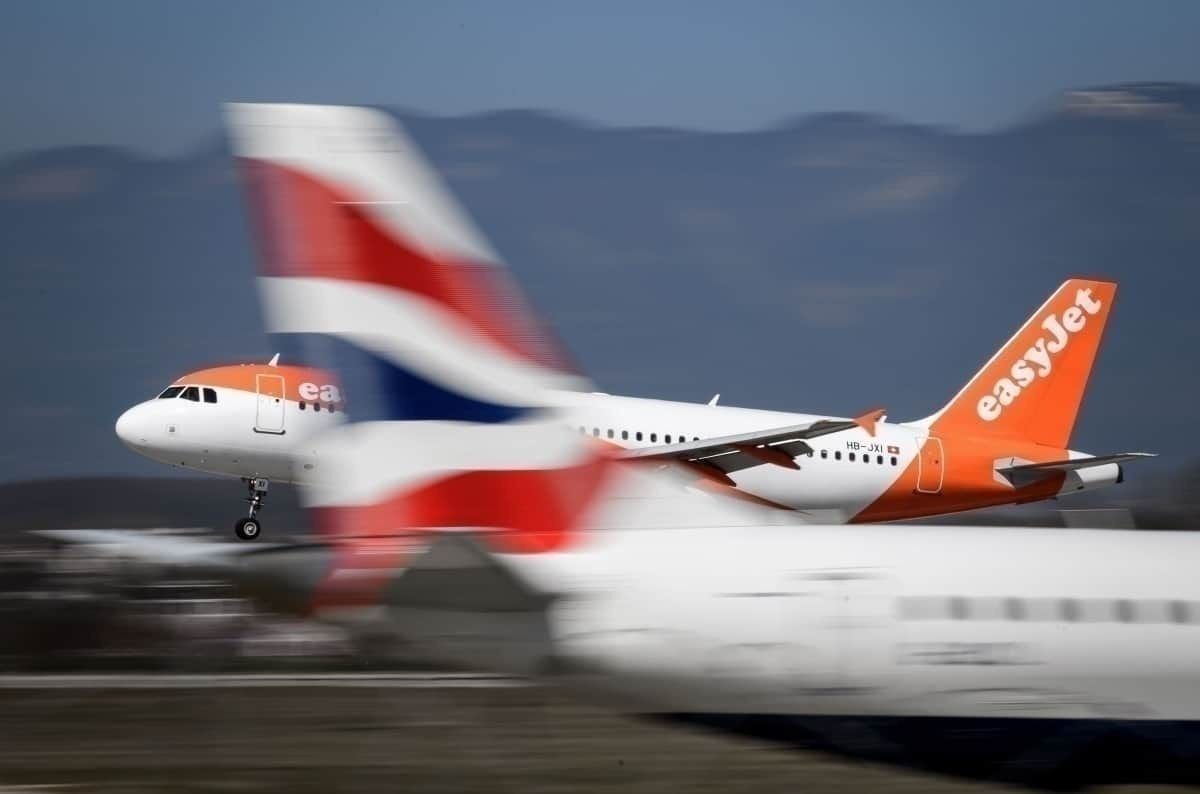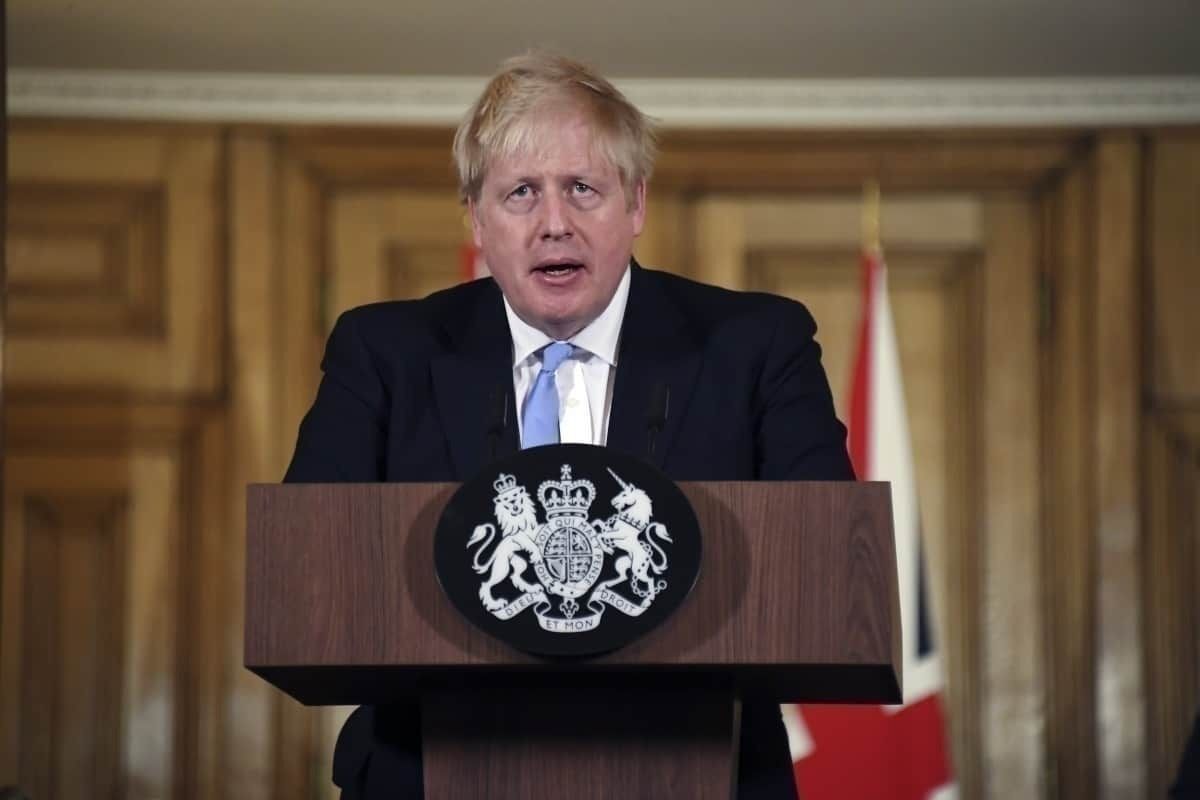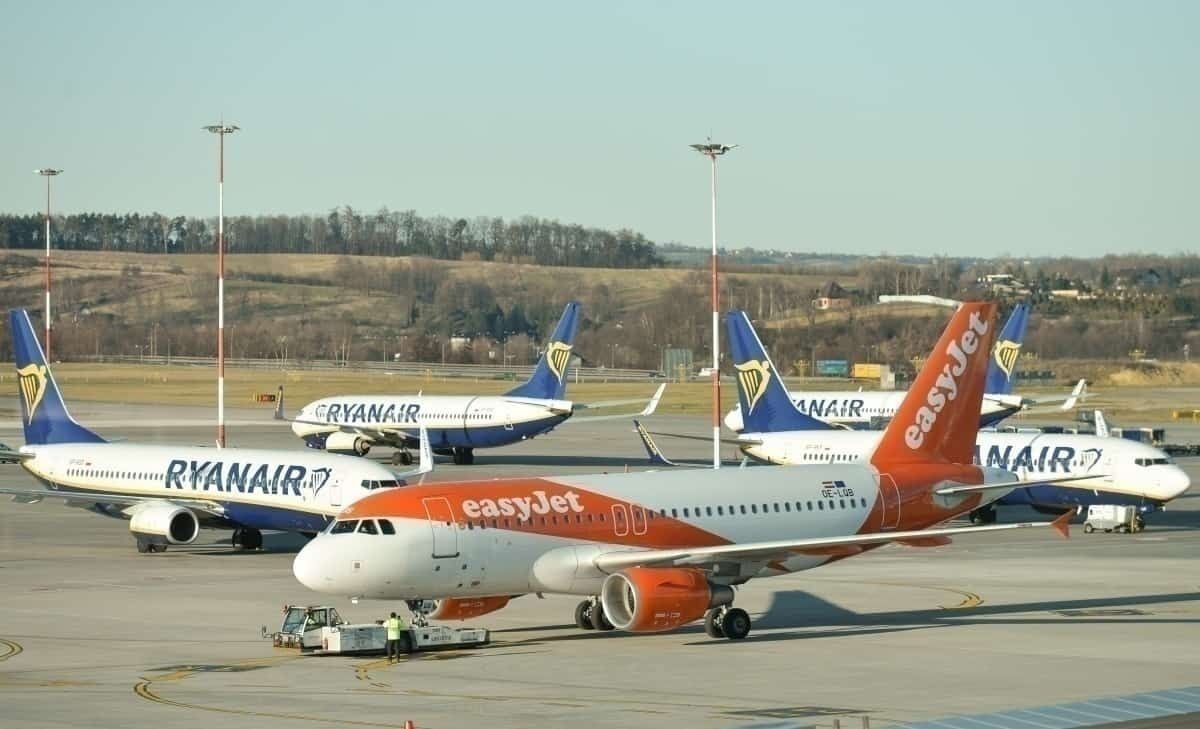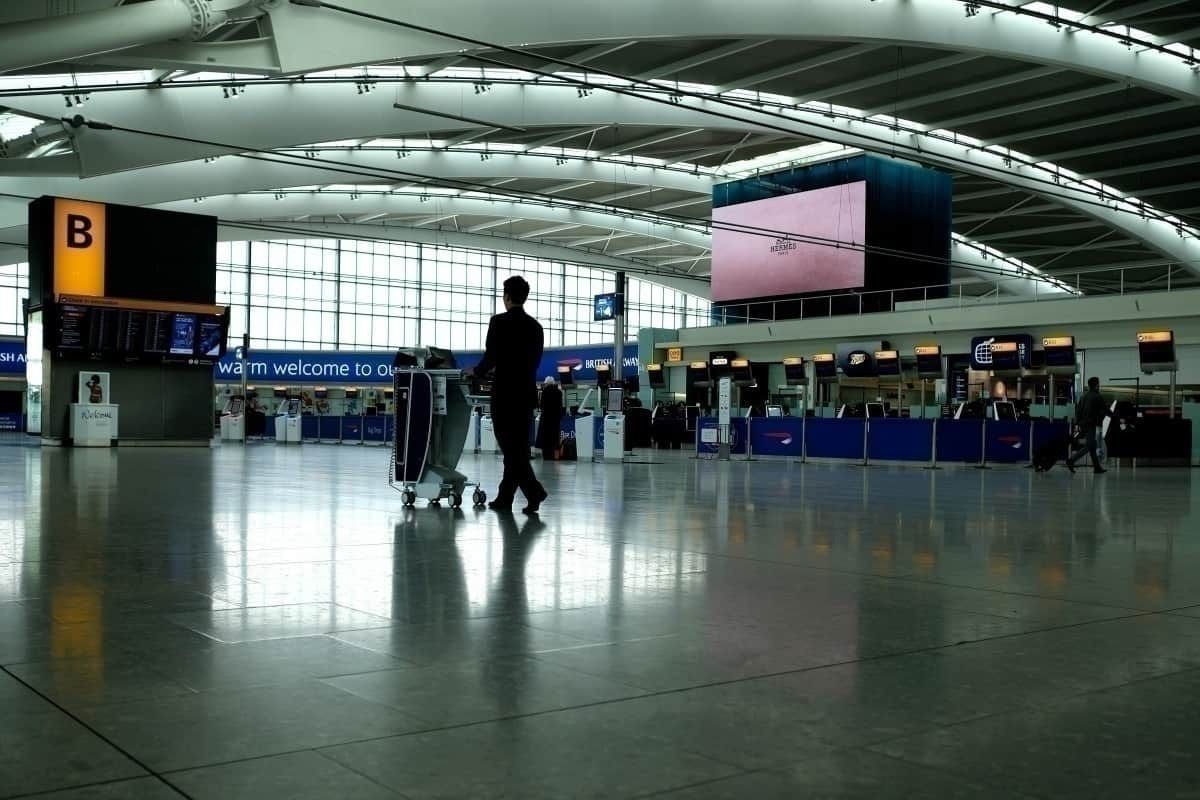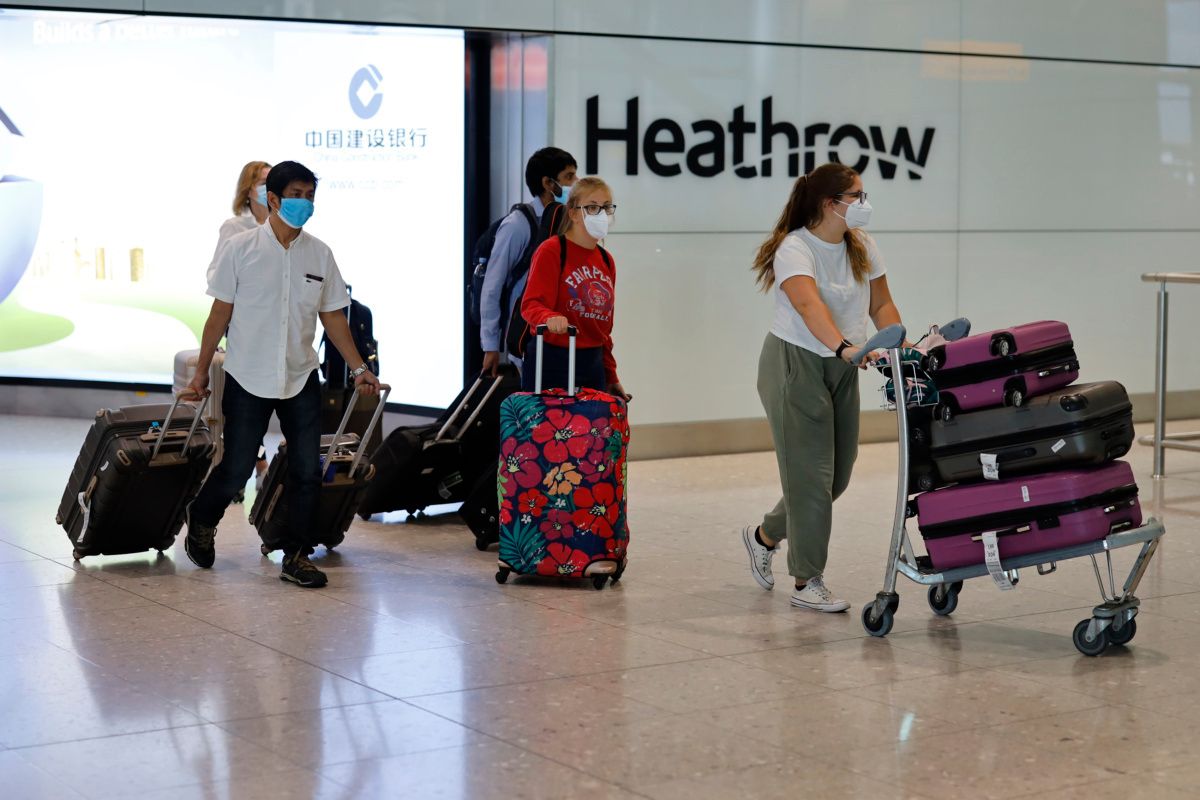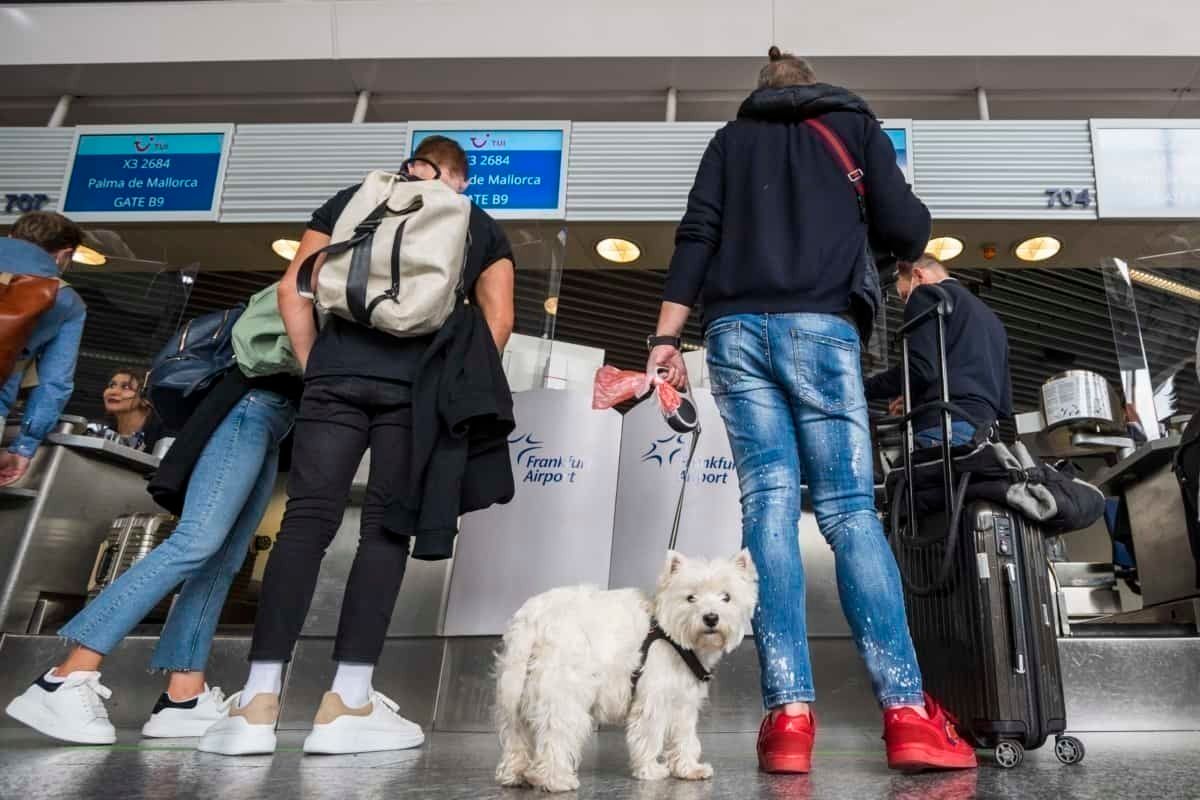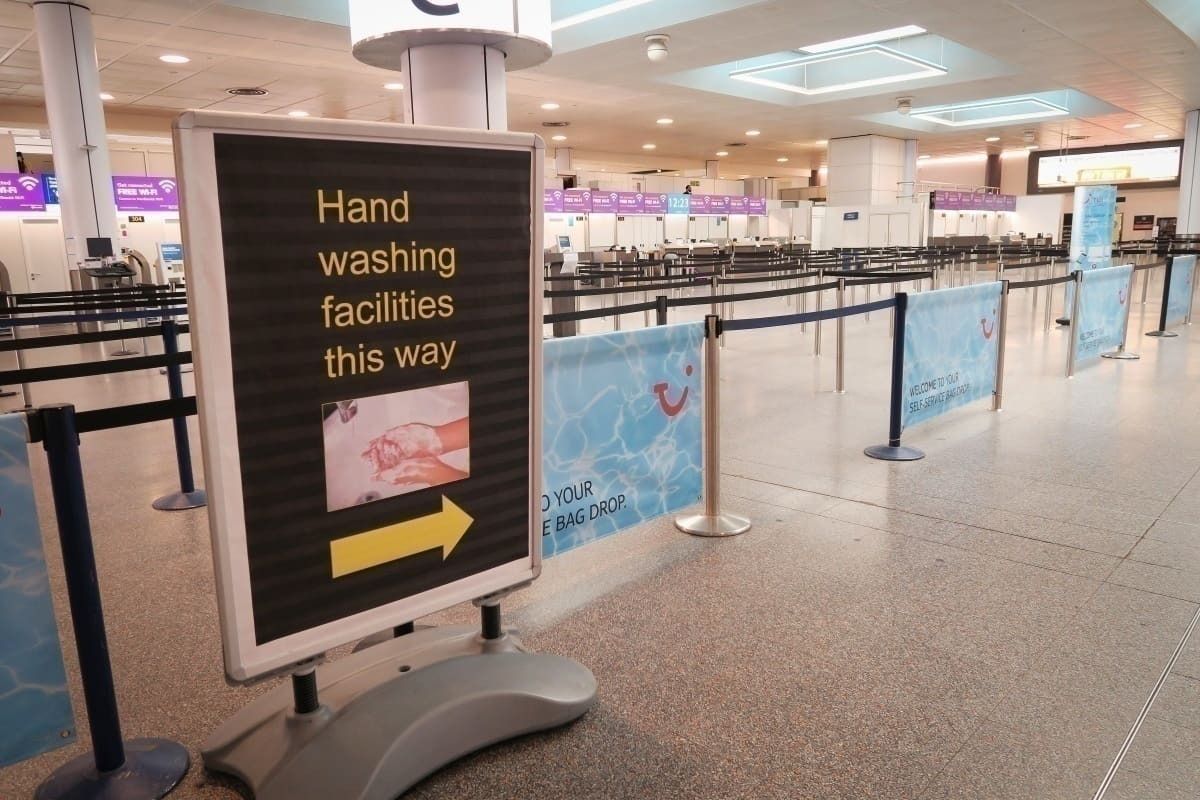The UK is set to adjust quarantine measures for entry into the country in less than a week. We take a look at the ins and outs of traveling to and from the UK now and how things will change.
UK to change quarantine restrictions
If the coronavirus pandemic has done anything, it has tested the rigor of individual governments. Many have been under fire for their handling of the outbreak, while others have gone down in the history books for swift and effective recoveries.
There is no one-way-suits-all policy regarding the handling of the coronavirus. That much is clear from the plethora of strategies that have emerged across the world. While some countries have exercised strict caution, others have been lax, to say the least.
In Europe, regulations around the UK's handling of air travel throughout the pandemic has been at the forefront of some conversations. While the UK did not shut its borders, it did impose a 14-day quarantine on entry into the country as of June 8th. Key workers were among the very few that were exempt from the regulation.
However, less than a month after the controversial legislation went into practice, the UK government is already looking to reverse its policy. To give it credit, the UK government under Prime Minister Boris Johnson did say that it would review the policy every three weeks. If the latest announcements are anything to go by, it would seem that this short period of self-isolation has been a success.
What was wrong with the 14-day quarantine?
The UK Government will soon reverse its decision requiring foreign nationals from 59 nations to enter the UK under the condition that they self-isolate for 14 days. It's been a victory for the UK's airlines that were petitioning for a relaxation of the quarantine measures.
British Airways, easyJet, and Ryanair began legal proceedings against the UK government on June 12th, hoping for an urgent review of the two-week quarantine. In a press release from June 3rd, a Ryanair spokesperson had this to say on the matter,
“This 14 day UK quarantine is ineffective, completely useless, and will have no effect on British passengers who will largely ignore it. At a time when the medical science across Europe, in countries such as Portugal, Spain, Italy, and Germany, have safely removed all inbound visitor restrictions, the imposition of this completely defective quarantine in the UK is utterly useless and a total waste of time."
The issue was regarding the restriction that the quarantine rules would hinder passenger traffic. The fear was that passengers would not want to travel to or from the UK as lengthy self-isolation would disrupt their visit.
Current rules for traveling to the UK
Although there is promise of things changing on the horizon, UK quarantine rules have not altered just yet. Currently, all passengers entering the UK, whether resident, citizen or not, must self-isolate for 14 days upon arrival. At the airport, they must complete a form 48 hours before they arrive in the UK, giving details of an onward journey.
If they are unable to provide an address for their time in the UK, travelers will be placed in government accommodation at their expense, where they will not be allowed to leave for 14 days.
Those who do have a place to stay will be required to remain in self-isolation for 14-days, relying on others for essentials such as groceries where possible. According to the BBC, one in every five passengers will be contacted to ensure they are complying with laws.
Passengers who do not adhere to the rules could face a fine of up to £1,000, and those who do not fill in the form before entry could be asked to shell out up to £100. (Of course, it depends on which of the four UK nations you visit since each has slightly different rules.)
How will things change?
The above regulation will remain in place until July 10th. After this point, passengers from 59 travel corridors will be exempt from self-isolation measures. Those on the list include popular holiday destinations like Spain, Italy, and France.
Visitors from the following countries outside Europe will not be asked to quarantine on arrival in the UK:
- Australia;
- Fiji;
- Hong Kong;
- Japan;
- New Zealand;
- Vietnam.
A full list of international travel corridors can be found on the UK government's website, here.
However, it's worth noting that the travel corridors are not bilateral. While the UK will allow some nations to enter without the need to quarantine, Brits flying to some of those same countries will need to isolate to comply with local laws.
For example, UK citizens and residents can travel to Portugal without the need to quarantine in the country. However, on their return to the UK, 14-day self-isolation rules still apply.
Another case is in Greece. The UK welcomes Greek citizens into the UK without the need for quarantine. However, Greece is not permitting UK citizens to travel there until at least July 15th.
Countries where travel is least restricted from the UK
If you're a UK citizen or resident looking for your next getaway, there are a few countries that have no quarantine restrictions either way. Spain has opened its borders to UK citizens meaning you can visit without having to quarantine. When it's time to come home, you will not need to isolate back in Britain.
Italy, Germany, Turkey, Croatia, the Netherlands, Belgium, and Switzerland also have the same freedoms as Spain.
That said, it pays to research local customs before you travel. Some countries make face masks mandatory, and different social distancing measures apply dependent on your location. What's more, just because these destinations have fewer travel restrictions, not all airlines are running routes to these countries like they usually would.
As always, research goes a long way. Ensure that you comply with airport and airline rules regarding personal protection and, if you're going, enjoy your holiday!
Let us know any further tips you have for traveling to and from the UK at present.

